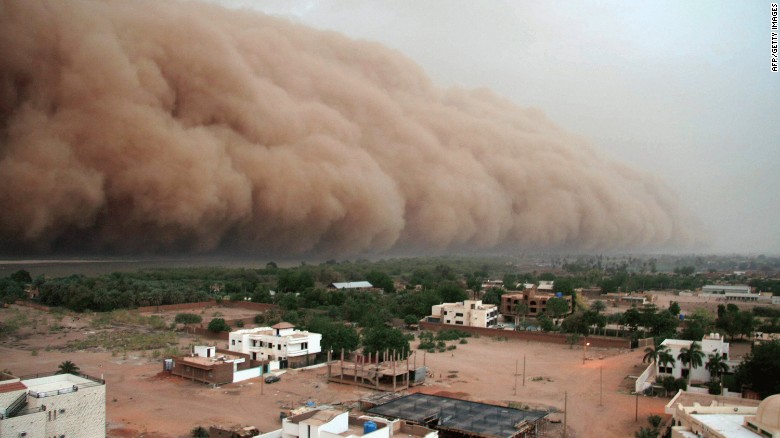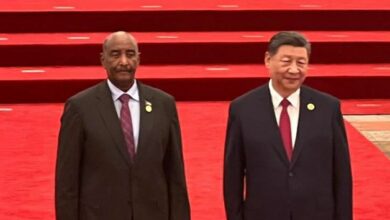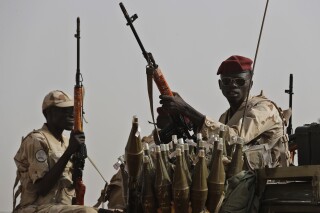
Sudan to participate in the COP 26 UN Climate Change Conference in Glasgow, UK
It is the Moment World Leaders Will Discuss Whether Enough has Been Achieved Since 2015’s Landmark Paris Climate Agreement.

Haffiya Abdalla
Leaders from 196 countries are meeting in Glasgow, UK, to participate in the COP 26 UN Climate Change Conference from 31 October to 12 November 2021 in the Scottish Event Campus ( SEC) a major climate conference. Hosted by the UK in partnership with Italy.
They are being asked to agree on action to limit climate change and its effects, like rising sea levels and extreme weather.
A new report from UN scientists warns that global temperatures have risen faster since 1970 than at any point in the past 2,000 years.
The summit is widely seen as crucial if climate change is to be brought under control.
It is the moment world leaders will discuss whether enough has been achieved since 2015’s landmark Paris climate agreement.
This was the most important attempt so far to commit all the countries of the world to limit global warming.
They agreed to try to keep temperature increases “well below” 2C (3.6F) and to try to limit them to 1.5C. But many scientists say efforts have fallen far short and global warming could be set to reach 3C.
Organized by the UN, the conference is called COP26 (COP stands for Conference of the Parties). Countries are being asked for “ambitious” targets to reduce the number of greenhouse gases – which add to global warming – going into the atmosphere by 2030. And they will be asked how they will achieve “net zero” – no more going into the atmosphere than is removed – by 2050. So, the steps needed could include:
- Ending the use of coal
- Stopping deforestation
- Switching to electric vehicles
- Investing in renewable energy
What is climate change?
Climate change describes a long-term change in the weather patterns of the planet.
The world has already warmed by about 1.2C since factories became widespread, and temperatures will keep rising unless governments take action.
Food shortages, heat waves, storms, and rising water levels are among the possible effects.

Ahead of COP26, more than 100 developing countries have set out their demands, including:
- Funding to fight and adapt to climate change
- Compensation for the effects it will have on them
- Money to help make their economies greener
They say that without progress on these points, COP26 will be worthless and will end in failure.
In 2019 the UK government was the first major nation to announce a target of “net-zero” carbon emissions by 2050.
What would success at COP26 look like?
There are huge expectations COP26 will deliver significant progress in the battle against rising temperatures.
Richer countries will be asked to honor the $100bn financial pledge they have already made if any progress is to be made.
An agreement committing the world’s nations to phase out coal-burning would be a major achievement, although pre-summit meetings suggest this will be no easy task.
There will also be pressure on countries to keep raising their ambitions, not only about cutting emissions but in helping those communities and countries already affected by climate change.
Hamdok’s Participation:

The Secretary-General of the National Council for Environment and Natural Resources, Professor Rashid Makki Hassan, discussed in his office with Ben Nicholas, the Safety, Climate Change and Regional Development Officer at the British Embassy in Khartoum, the importance of the participation of Prime Minister Dr.Abdalla Hamadok. The meeting has discussed the procedures related to the participation of the Sudanese delegation in the conference and the topics of the agenda related to the implementation of the Paris Agreement and aspects of cooperation in the fields of environment.
The Secretary-General expressed his appreciation for the visit, describing it as important and useful, and that will lead to cooperation and a good relationship in the field of environment and climate change, and stressing that the General Secretariat of the Council will play a major role in preparing for the participation of the Prime Minister and Chairman of the National Council for Environment and Natural Resources in the summit and arranging the participation of the Sudanese delegation, noting that the world is waiting for important decisions come out from the conference to address the problem of climate change.
Sudan is among the most vulnerable countries in the world to climate variability and change. Increased frequency of droughts and high rainfall variability over the past few decades have already put stress on the region’s rainfed agriculture and pastoralist systems, the dominant livelihoods in rural areas. In addition to unstable crop production and shrinking productive land and water resources, ongoing conflicts leading to millions of displaced people and population growth add pressure to an already strained natural resource base. The land-use change and forestry sector is the top emitter, followed by the agriculture, energy, industrial processes, and waste sectors.




